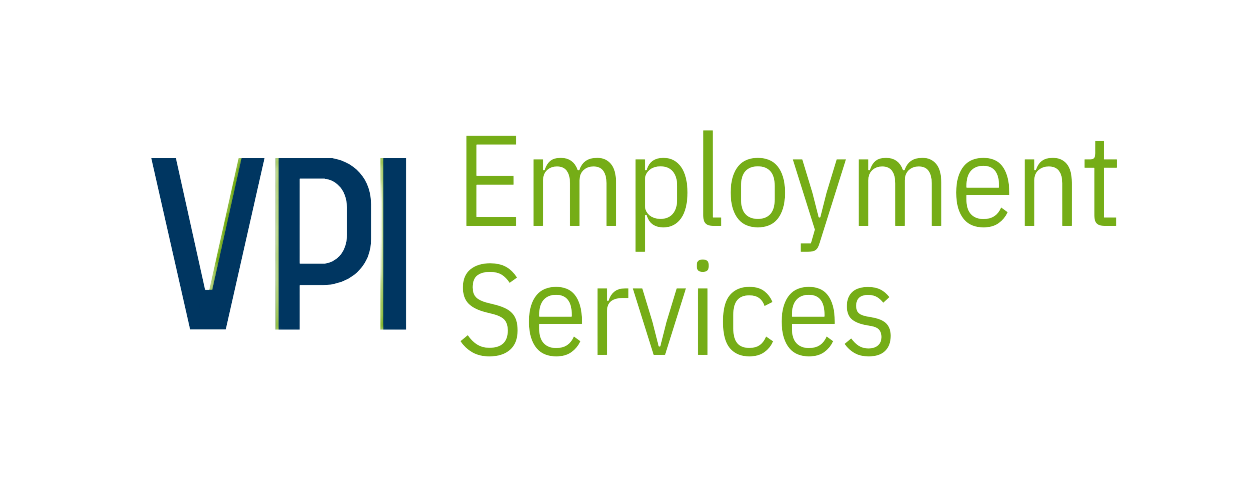Most people dread conversations that can evoke a strong emotional reaction – you don’t want to hurt someone’s feelings and potentially damage a good work relationship!
Often, difficult work conversations involve the topic of feedback. Whether you are giving feedback or receiving it, learning how to avoid miscommunication, and using skills such as empathy and patience can really turn the tide of a conversation where emotions can potentially run high.
No matter what stage you are in your career, you will come face-to-face with a difficult conversation. Will you be prepared?
The Benefits of Having Difficult Conversations
Even though having difficult conversations can be stressful, there are positive benefits to having them that greatly outweigh the negatives.
Personal Development
Having difficult conversations provides an opportunity for personal development or growth. Whether you are giving feedback or on the receiving end of it, both sides can grow from the experience.
On the receiving side of feedback, you will be able to identify possible weaknesses. Most likely, you will not be given feedback for no reason. Your co-worker, manager or supervisor probably sees something that can be improved upon. Listening and understanding your feedback can help you identify and work on skills you can improve on.
On the giving side of feedback, you are able to work on skills such as communication and empathy. Understanding the weight of the conversation and the possible effects it has on the person receiving the feedback can help you improve and develop on critical skills like communication and empathy.
Relationship Building
It may seem counter-intuitive but sharing feedback can help strengthen relationships. You may be scared that your relationship with your co-worker could be damaged because of negative feedback. But it’s all about how the message is conveyed.
The key is letting your intention be known. You are not criticizing them or putting them down, you are giving constructive feedback that can potentially help them at work. Even though having difficult conversations may seem like a relationship-ender, it is actually a strong relationship-builder.
Honesty is important to relationship building. It can help gain trust in the workplace and make relationships stronger.
Preparing for the Future
Dealing with difficult conversations now can help set you up for success in the future. Again, there will always be a time where you encounter a difficult conversation – it’s not a one-time thing.
The more experience you have with difficult conversations, the more you can learn from it. Improve how you deliver the message, improve how to manage stress, increase your preparation for conflict and much more can help you prepare for the next time you will face a difficult conversation.

